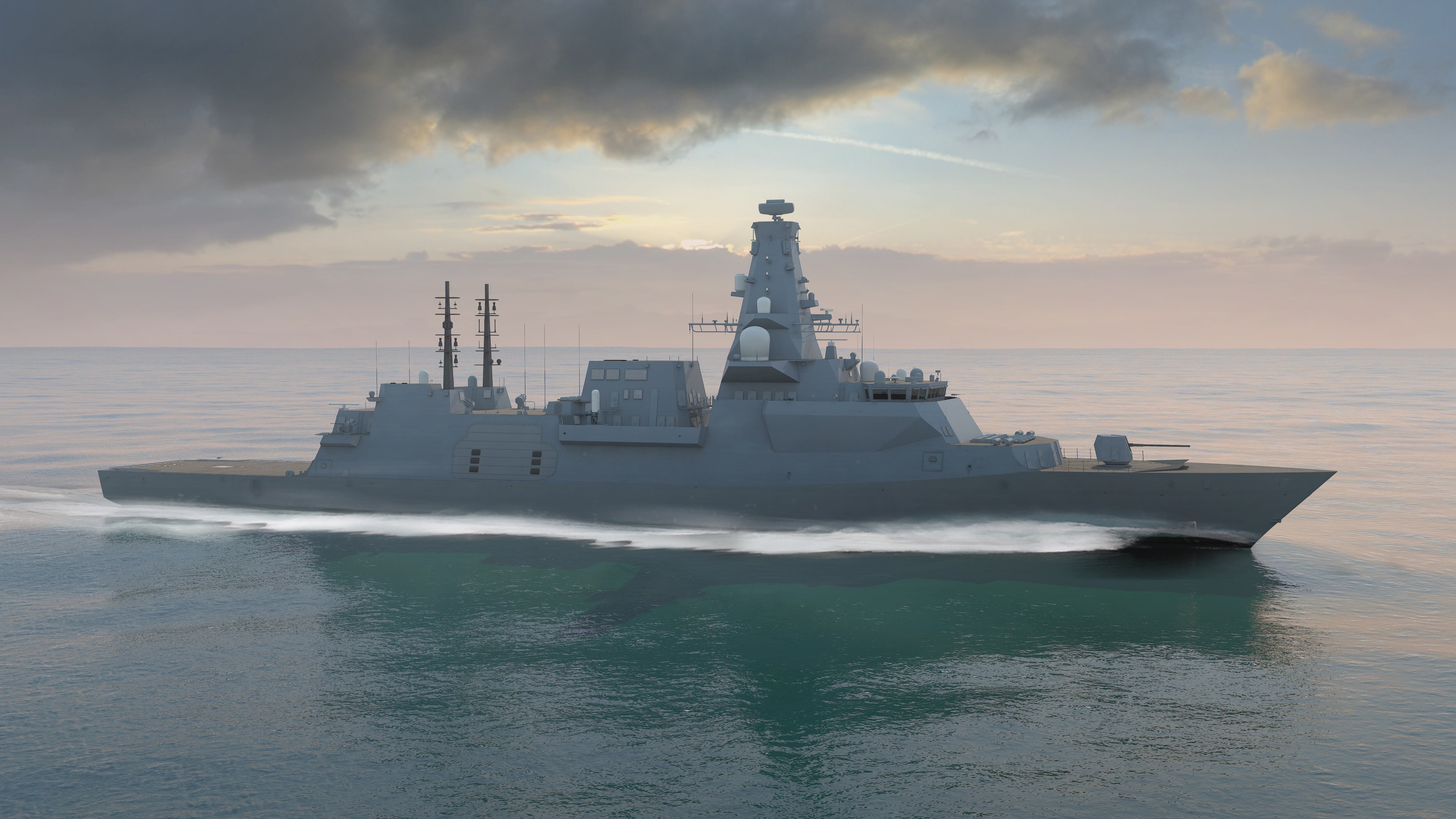MELBOURNE, Australia – Australian Defence Minister Christopher Pyne confirmed that the Australian government has finally concluded negotiations for the formal signing of a strategic partnering agreement for 12 large conventionally-powered attack submarines from Naval Group.
Australia is acquiring the vessels under its $50 billion (U.S. $36.12 billion) Project Sea 1000 (Future Submarine) to replace its existing fleet of six Collins Submarines from the early 2030s. The subs will be the ‘Attack’ class with the lead vessel named HMAS Attack. They will be fabricated in Australia to a design previously known as the Shortfin Barracuda 1A.
RELATED

Recent local media reports have suggested that negotiations between the parties had stalled, placing the government’s timeline for the Collins replacement in jeopardy, but Pyne said on Thursday the program was still on track.
“There’s been a lot of ill-informed mythmaking around the negotiations but I’m very happy to say today the negotiations are complete,” Pyne said during sod-turning event at the site of the Future Submarine Construction Yard at Osborne in South Australia. “The strategic planning agreement will be signed in February next year and we can continue to get on with the submarine project, which has been under the design and mobilization contract for the last two years.”
Declining to provide details of the intricacies of the agreement due to their commercial nature, Pyne said the negotiations were officially concluded at an Australian Government National Security Committee meeting in Melbourne on Dec. 10.
RELATED

“Suffice to say the Australian government’s interests, the Australian taxpayer’s interests, have been taken care of,” he said. “Naval Group Australia will deliver 12 regionally-superior submarines on time and on budget.”
Australia’s Chief of Navy, Vice Adm. Mark Noonan, also denied reports of an emerging capability gap between the retirement of the first Collins submarines and the Attack boats entering service, which some analysts have suggested might require a ‘Plan B’ to be formulated.
“I don’t believe that’s the case,” he told reporters. “We’ve got a very solid plan to ensure that there is no gap in our nation’s submarine capability, and there is a very advanced plan that will see a number of our current Collins class submarines going through a life of type extension program, which will ensure that capability gap doesn’t exist.”
Nigel Pittaway is the Australia correspondent for Defense News.








